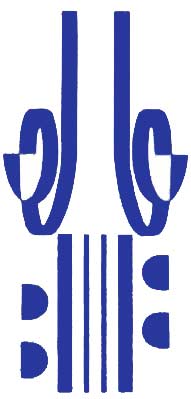
Concert review
London Handel Players
22nd January 2024
A BAROQUE TREAT!
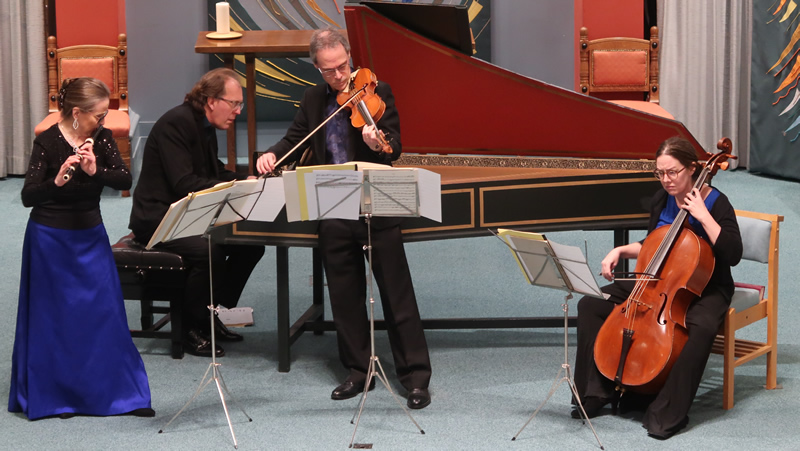
It is many years since Penrith Music Club had a concert of music entirely from the Baroque period and it was a great pleasure to welcome the London Handel Players on an evening offering some respite from the storms of previous days.
The four players – Rachel Brown (flute), Adrian Butterfield (violin), Sarah McMahon (cello) and Silas Woolston (harpsichord) – are all expert performers of Baroque music and presented a refined and varied programme on period instruments of the time. Rachel, Adrian and Silas spoke engagingly of the instruments they were playing, Rachel’s wooden flute with its recorder-like fingering being particularly fascinating.
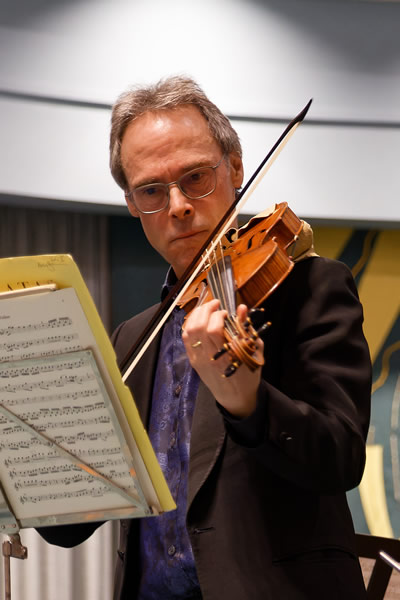 |
Credit: Harry Gill |
Handel’s 1739 Trio Sonata in A major made a delightful start to the evening, the gentle and sensitive introductory movement followed by some playful imitation between flute and violin and ending with a stately gavotte. J.S. Bach’s Sonata in E major for flute and continuo, written a few years earlier, followed. The dialogue between flute and cello was beautifully conveyed with some sublime phrasing - a superlative performance of this fine sonata.
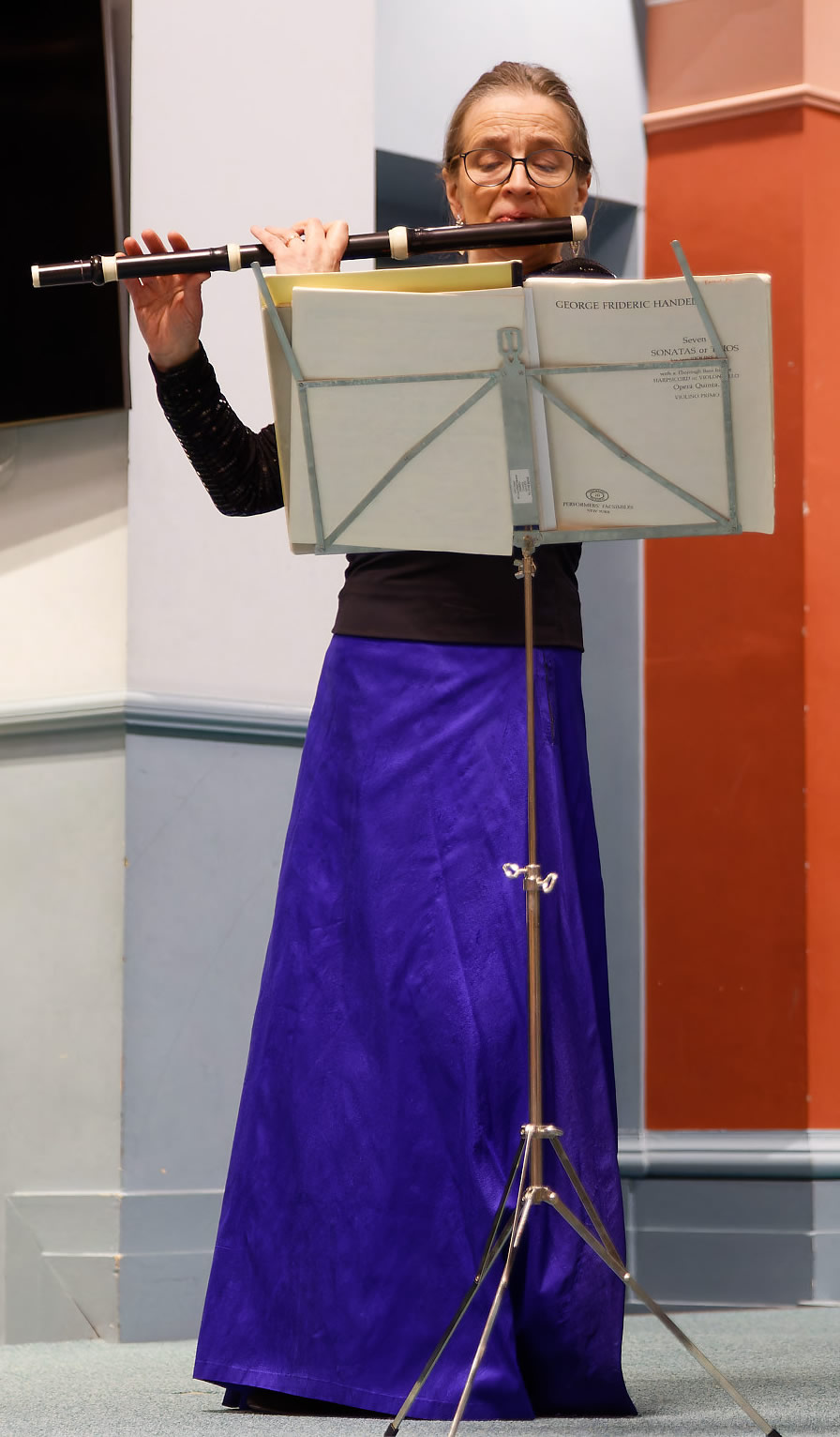 |
Credit: Harry Gill |
Two works by Italian virtuoso violinists followed. Geminiani’s Violin Sonata in A major keeps to the usual four movement structure of the Baroque sonata while Corelli’s Violin Sonata in D minor is a set of variations on the melodic and harmonic outline La Folia. Initially presented in sombre mood by the harpsichord, the music develops into a virtuoso set of variations by violin, full of powerful rhythms and contrasting quieter sections and employing the full range of violin virtuosity evident in Vivaldi and other composers of the time. The addition of hand castanets at the end underlined the Spanish feel to the music – a spectacular and uplifting ending to the first half of the programme.
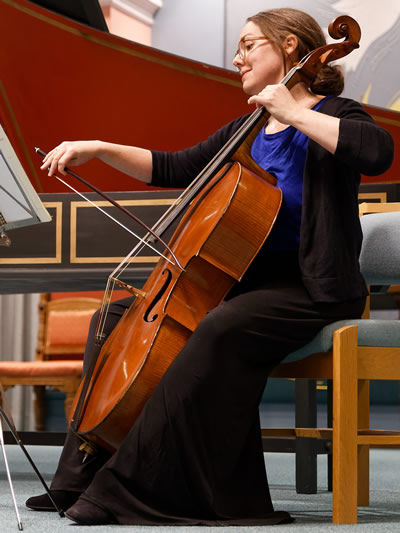 |
Credit: Harry Gill |
Johann Fasch is one of the lesser-known composers of the Baroque era, but his Quartet in D major is a delightful work to hear. The warm harmonies of the opening are followed by a light-hearted Allegro. A plaintive Largo in the minor key ensues and the final movement is a dance-like Allegro. Fasch was one of the links into the early Classical music of Bach’s sons, Haydn and Mozart.
Silas Woolston then played a harpsichord sonata by Domenico Scarlatti. Though Italian by birth, Scarlatti spent much of his life at the Spanish court and the influence of Spanish music was much in evidence in the harmonic patterns, scintillating scalic runs and arpeggio passages in this virtuoso piece.
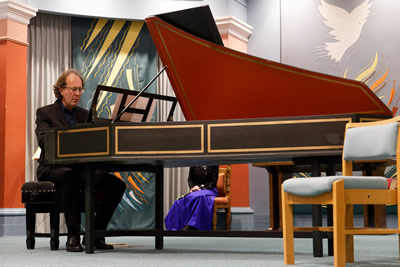 |
Credit: Harry Gill |
Of all the composers of the Baroque period Telemann was the most prolific and his Paris Quartet no.3 in G major brought the evening to a graceful conclusion with its delicate touches of imitation, subtle contrasts of dynamics and dance-like rhythms. An attractive arrangement of an aria from Handel’s opera Hercules followed as icing on the cake of an excellent concert by four highly-accomplished players, greatly enjoyed by a large and appreciative audience
Colin Marston
 |
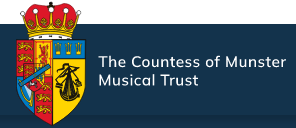 |
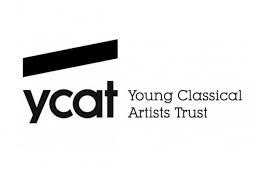 |
|---|
Updated on 10th April 2024 Contact webmaster |
 |
 |
|---|
